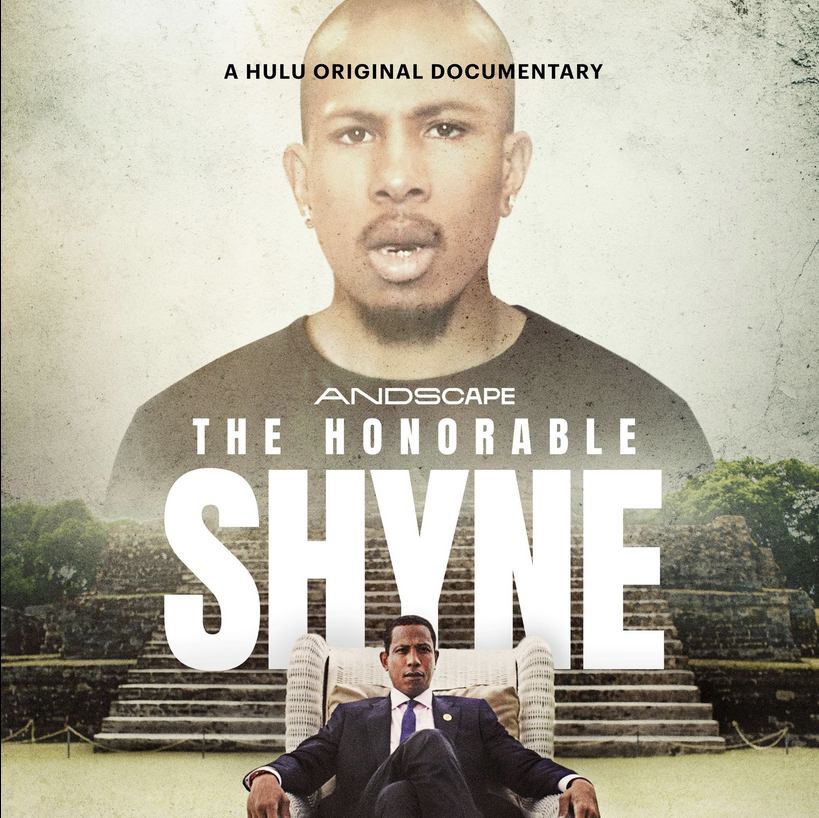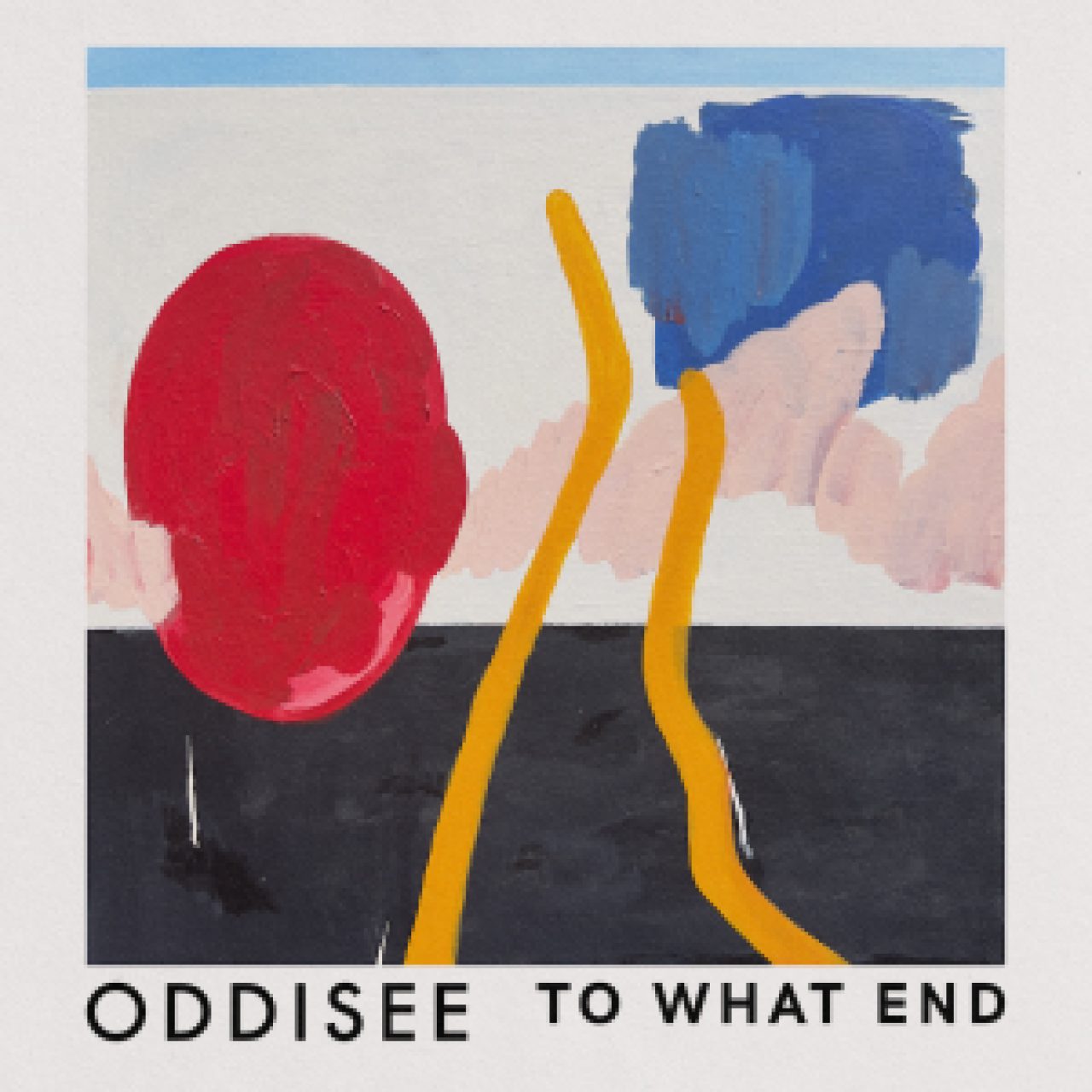Oddisee’s first album in three years find him deepening his skill as an arranger. His past experiments with live instrumentation on albums like 2017’s The Iceberg often felt stilted and monochromatic. But he develops a warm, pleasant sensibility through tracks like “Already Knew,” “Hard to Tell,” and the deep house grooves of “Try Again,” although some of the cuts also suffer from sung choruses that are too honeyed and sugary. He mostly raps about his neuroses, and his distinctively gruff voice masks his honest and unadorned approach to lyric writing. On “People Watching,” he calls himself an “introvert” who “became an entertainer as to hide in plain sight.” The guests include Bilal and Freeway; “Choices” finds him in a cipher with Phonte and Kay Young, with singer Bemyfiasco on the hook. Toine Johnson delivers a memorable guest rap on “Bartenders” as he references Van Hunt and Issa Rae. The final track, “Race,” closes with a stirring guitar solo. Modern rap needs more guitar solos. To What End is the second release Oddisee has dropped on his own Outer Note Label; the first was 2020’s Odd Cure EP, which took stock of the ongoing COVID pandemic.

The Honorable Shyne
The Honorable Shyne may not exactly convince us of Shyne’s musical importance, but it unfurls his improbable story with aplomb.

